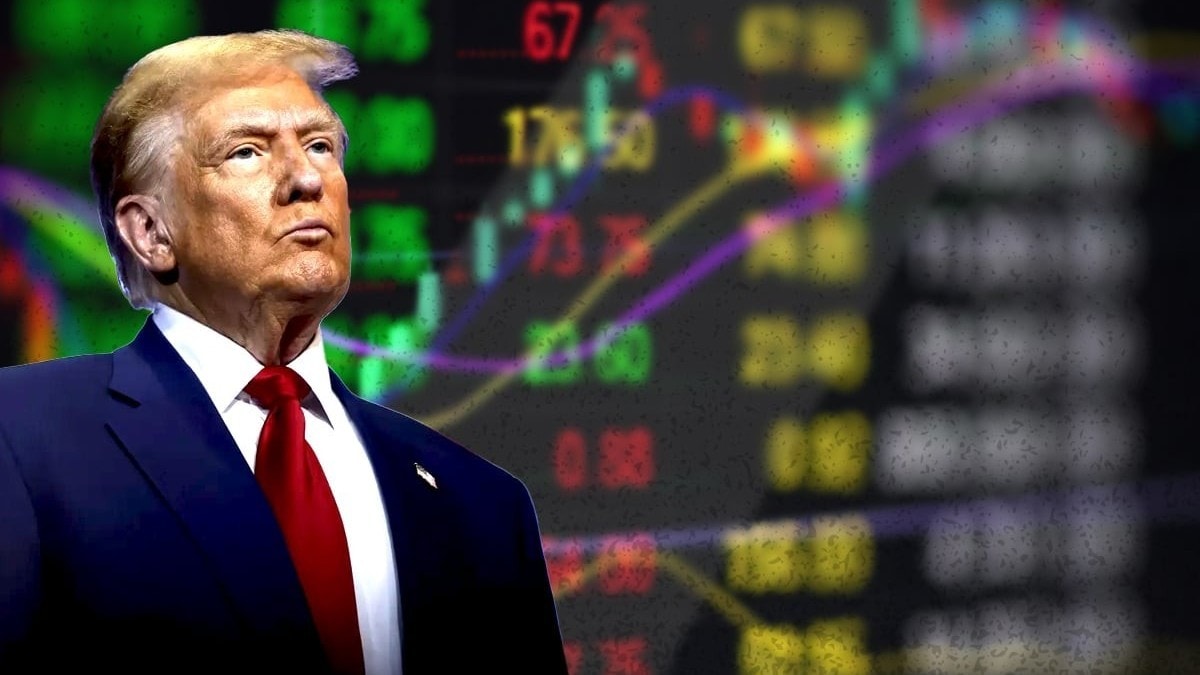Fitch Ratings Inc. on Thursday affirmed State Bank of India, Bank of Baroda and Bank of Baroda New Zealand's long-term issuer default rating at 'BBB-', with a 'stable' outlook.
For both SBI and BOB, Fitch affirmed the government support rating at 'BBB-' and 'stable', which is also similar to India's sovereign rating. This is also a reflection of the probability of extraordinary state support for the banks, with SBI leading the show.
"The agency forecasts India to be one of the fastest-growing Fitch-rated sovereigns globally this fiscal year... Importantly, India also exhibits robust medium-term growth potential, supported by resilient investment prospects," Fitch said in a statement.
Fitch On State Bank Of India
For SBI, Fitch has affirmed the viability rating at 'bb'. It has also revised the operating environment score to 'bb+' from 'bb', indicative of several structural improvements since the onset of the Covid-19 pandemic.
It also reflects the bank's ability to generate business consistently, while managing risk better and its dominant market share as India's largest lender.
The agency, however, revised the outlook on SBI's asset quality score of 'bb-' to 'positive', from 'stable'. This is due to the expectation of four-year average impaired loans ratio to improve in near-term. In FY23, the lender's impaired loan ratio fell to 2.8%, from 4.0% in FY22.
SBI's appetite for retail lending also remains high, according to Fitch. "The need to optimise capital utilisation is a constraint, while the pace of growth in certain pockets could test SBI's risk controls under less-benign operating conditions," it said.
However, there are some factors that could lead to a negative rating as well, as per Fitch. "Fitch views SBI's VR—which reflects a moderate degree of financial strength—as reasonably stable in the near term, but it could be downgraded if there is significant deterioration in the OE, or if a heightened risk profile were to become a more binding constraint on the bank's moderate capital buffers."
The agency also flagged SBI's governance and considered it to be "less developed". This was mainly reflective from significant lending to high-risk borrowers, which has led to above-average levels of impaired loans and credit loss, as per Fitch.
SBI's ESG relevance score for financial transparency was also revised to the sector default score of '3', from '4'. This was an indication that the risks from Covid-affected loans have receded.
"This is because we believe that a large proportion of those stressed loans may actually be covered by government guarantee, which materially minimises the risk of losses from this portfolio," Fitch said.
Fitch On Bank Of Baroda
Fitch has affirmed BoB's VR at 'bb-'. It has also affirmed a GSR of 'bbb-' and BoB New Zealand's shareholder support rating of 'bbb-'.
"BOB's GSR factors its systemic importance, which stems from BOB's position as India's third-largest state bank, with over 6% market share in sector assets and deposits, and 64% state ownership," Fitch said in a statement.
For BOB, the agency has revised the operating environment score to 'bb+' from 'bb', due to structural improvements after the pandemic.
Since BOB exhibits an improving loan quality, the agency has revised the outlook on the 'b+' asset-quality score to 'positive' from 'stable', as it expects the impaired-loan ratio to continue to fall. In Q1 FY24, the bank's impaired loan ratio fell by almost 30 basis points to 3.5%.
Funding and liquidity continue to be a strength for Bank of Baroda, as the customer deposits too, account for over 90% of BOB's total non-equity funding, according to Fitch.
The bank got an ESG relevance score of '4'. "It reflects our assessment that key governance aspects, in particular board independence and effectiveness, ownership concentration and protection of creditor or stakeholder rights, are of moderate negative influence on BOB's credit profile," Fitch said.
Like SBI, Fitch also views BOB's governance to be less developed, due to significant lending to high-risk borrowers and its own appetite for risk in pursuing business growth, it said.
 RECOMMENDED FOR YOU
RECOMMENDED FOR YOU

State Bank Of India Q1 Results: Date, Earnings Call Details, Share Price History And More
 Aug 07, 2025
Aug 07, 2025

SBI Raises Rs 25,000 Crore Via QIP At Rs 817 Apiece
 Jul 21, 2025
Jul 21, 2025
. (Photo_ Vijay Sartape_ Source_ BQ Prime).jpg?rect=0%2C0%2C3500%2C1969&w=75)
SBI Shares In Focus After Mega QIP Launch
 Jul 17, 2025
Jul 17, 2025

SBI May Issue Rs 25,000-Crore QIP At 2-3% Discount To Market Price
 Jul 16, 2025
Jul 16, 2025

